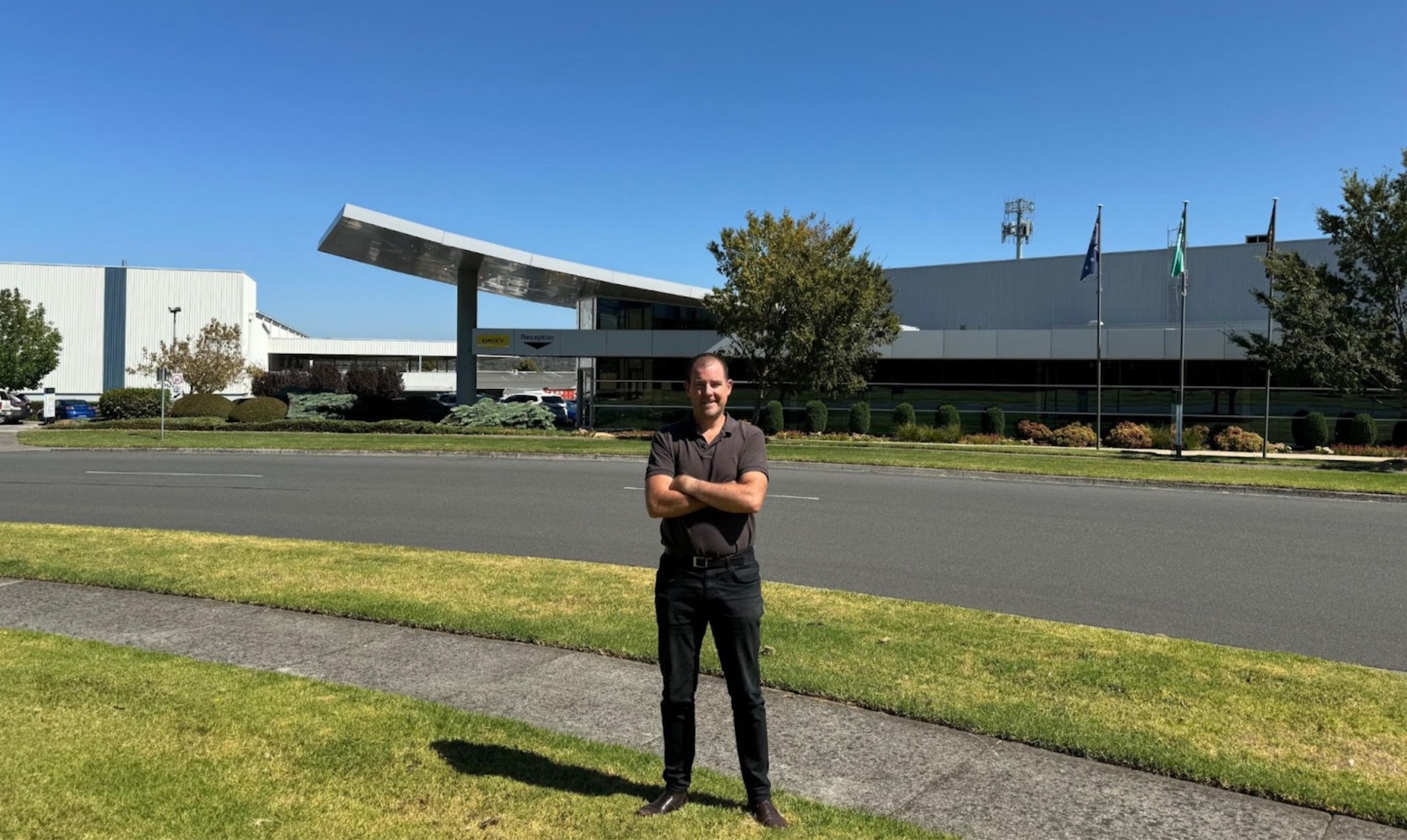Welcome to our mini series, “Key insights on building a healthy organisational culture,” where we dig into the powerful impact of intentionally designing your culture through five crucial elements: Values, Strategy, Structure, Process, and People. Today, we’ll dive deep into Strategy and its pivotal role in shaping your organisation’s culture.
When people say “strategy,” it often evokes images of leaders making decisions in ivory towers far removed from reality.
However, at Wavemaker, we hold a different perspective. For us, strategy simply involves deliberate decisions you make about where to allocate your resources–whether it’s people, capital, or time.
Given the countless problems your startup needs to solve, where do you focus your efforts? That’s where strategy comes in. As Dwight Eisenhower famously said, “Plans are useless, but planning is indispensable.” Even in a rapidly changing environment, it’s useful to have a clear strategy with defined goals and success measures so all of your stakeholders (employees, partners, and investors) understand your vision and mission. This strategy then informs the values, traits, and behaviours necessary for your organisation to achieve those goals.
Let’s explore two scenarios to see how strategy influences culture.
One of the first strategic questions for any startup is, “Which market should we focus on?” At Wavemaker, we challenge the traditional approach of identifying a massive Total Addressable Market (TAM) and then saying you only need a small fraction of it to hit revenue targets. The bigger the TAM, the fiercer the competition, making it harder to tailor a product that serves all customer needs. How will you win against the larger incumbents and better-funded startups?
A better approach involves narrowly defining your TAM until you’re confident about putting your product/service in front of ideal customers and winning up to 90% of deals, while being on a path to positive unit economics. Only then will you validate product-market fit, and can expand your target market.
After investing in 200 companies over the past 11 years, we’ve found that our best founders develop deeper, more nuanced insights about their customers over time. Let’s take one of our portfolio companies, Privyr, as an example. When Aaron Lim founded the company in Singapore, he focused on building a lightweight mobile CRM (customer relationship management) tool for salespeople.
Initially, Privyr aimed to solve a very specific problem: building instant alerts for B2C (business to consumer) salespeople running Facebook Lead Ads to acquire new customers. From there, they expanded to B2C salespeople who received leads from any digital source, aiming to contact those leads within 15 minutes. Fast forward to today, Privyr has expanded its target market to include marketing agencies that dispatch leads to their clients.
While “end-to-end” products sound good in theory, had the company built a product tackling the entire US$50B+/year CRM market at the beginning, achieving product-market fit would have been very tough due to the diversity of clients (SMEs, enterprises, and governments) who were all looking for something different.
As you target a particular customer segment, keep in mind that resource allocation (your strategy) always demands trade-offs. Otherwise, why wouldn’t every company tackle the entire market?
For Privyr, this tight alignment with an initial ideal customer profile and use-case was critical in enabling the company to pursue a product-led, self-serve sales approach. It also translated into a leaner culture where employees wore multiple hats and salespeople were hired only after there was proven product-market fit.
Another example of strategy in action is how you adjust resource allocation during external disruptions like competitive shifts or macroeconomic changes.
Take Zuzu Hospitality, another portfolio company based in Singapore, which builds software to help independent (non-chain) hotels in Southeast Asia with revenue and distribution management. When COVID hit, their gross bookings plummeted 98%, and revenue by 85%. They could have easily been another COVID casualty, but the founders acted decisively, materially reducing costs to survive.
Additionally, they used the COVID years to reinforce their culture of operational efficiency by building automation into their platform and permanently lowering their cost base. This restructuring led to a much leaner and more resilient business model where they increased the number of hotels they served and more than tripled their margins, positioning them well versus competitors for the rebound in travel. With this momentum, Zuzu recently raised US$9M in Series B funding, led by SoftBank Ventures Asia.
One related note regarding the current fundraising winter’s impact on strategy. If you are running out of cash (<9 months) and unlikely to raise funds in the near-term based on milestones, a prudent decision would be to shift your strategy to preserving runway and prioritising profitability to open up future options.
To sum up, while strategy may often take a back seat to rapid execution, it’s useful to decide upfront where to prioritise your people, capital, and time. Doing so will make it easier to align on goals and make the necessary trade-offs. Of course, staying nimble is essential as external factors like global pandemics and macroeconomic downturns might require a shift in strategy, turning it into a decision for survival rather than an intentional choice.
The next article in our series will cover Structure. Once you decide on your strategy (and the associated trade-offs), your organisational structure will need to support that strategy.
Edited by Jum Balea
Lead image by JESHOOTS.COM/Unsplash
Part 1 – Introduction: Key insights to building a healthy organisational culture
Part 2 – Bridging the Values gap: What we say vs what we do







